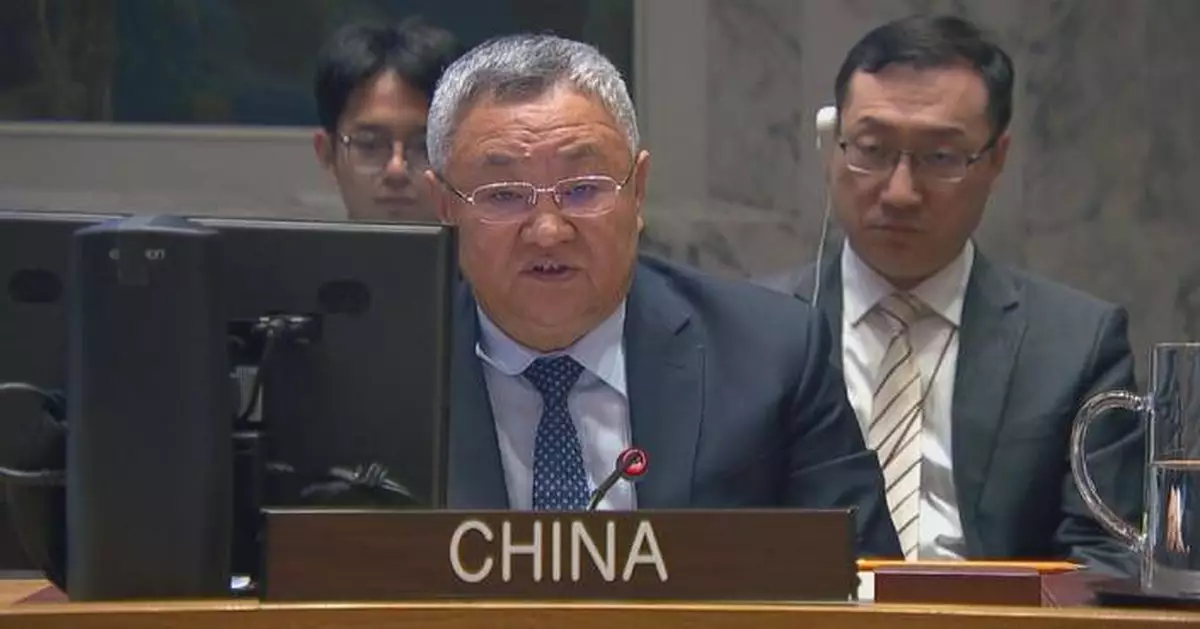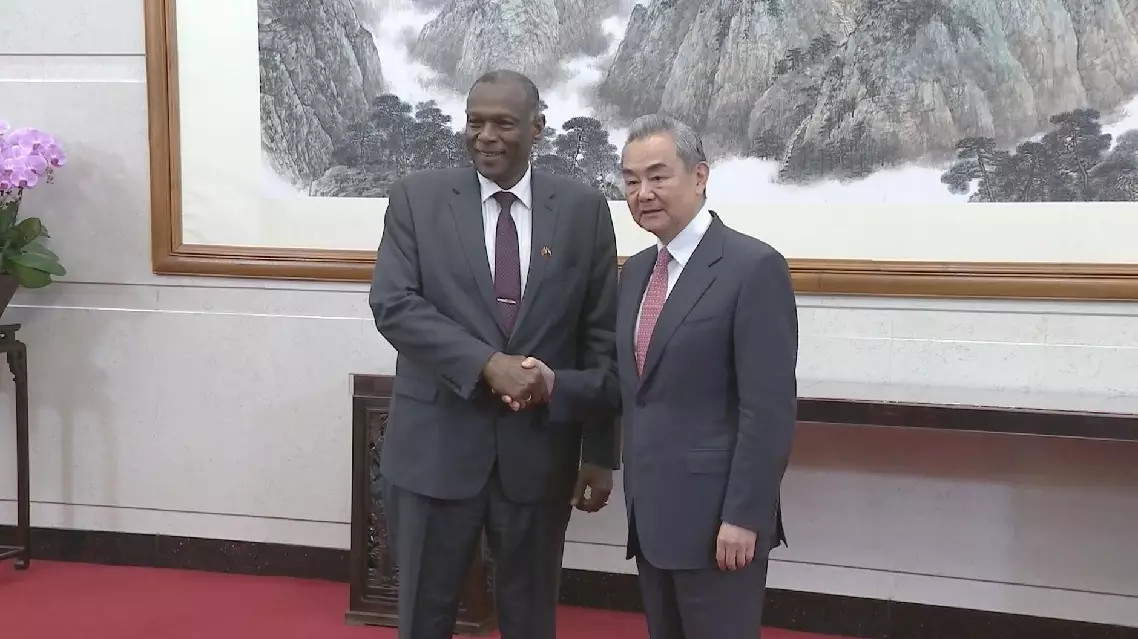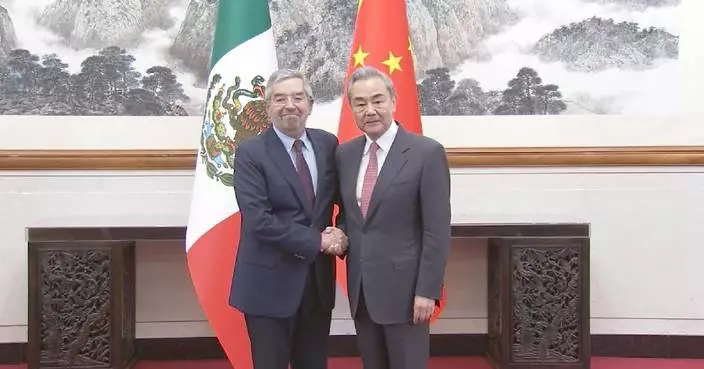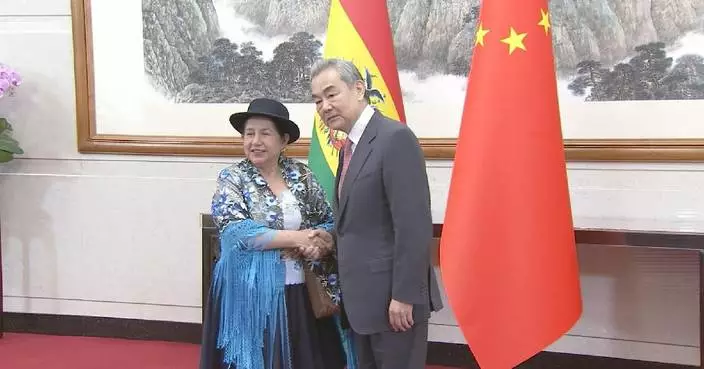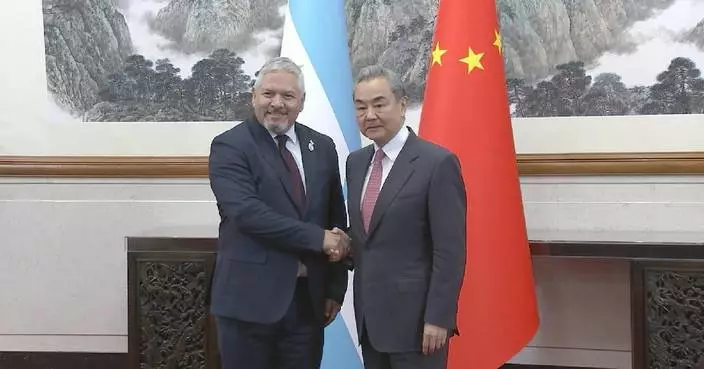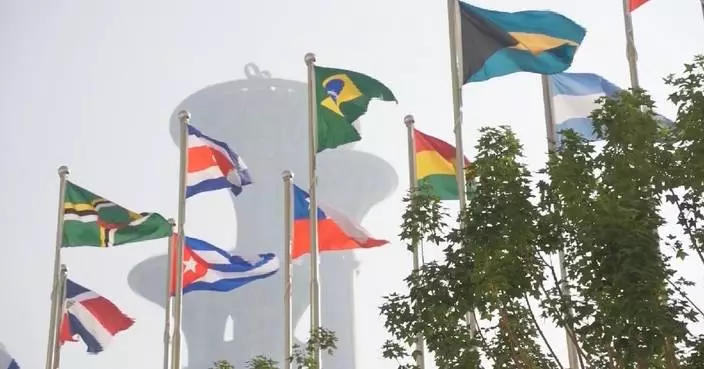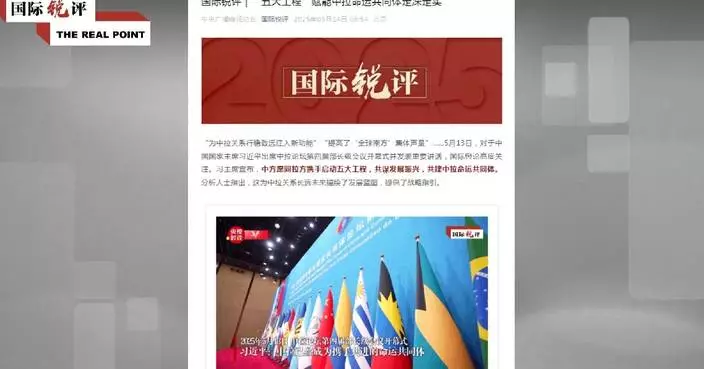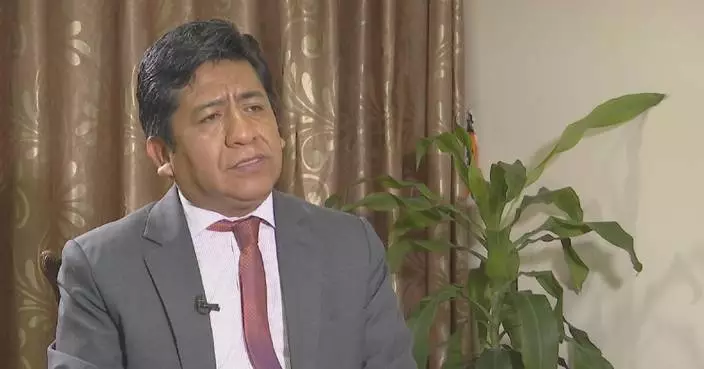China supports the UN Security Council in fulfilling its responsibility for maintaining international peace and security and in taking all necessary actions to achieve a ceasefire in Gaza, alleviate the humanitarian disaster, and implement the two-State solution, Fu Cong, China's permanent representative to the United Nations said on Friday.
Protecting the safety of medical facilities in armed conflict is a bottom line under international humanitarian law, Fu said at the UN Security Council briefing on the situation in the Middle East, including the Palestinian question, following last week's attack on Kamal Adwan Hospital, the only remaining comprehensive medical service institution in northern Gaza.
The Israeli forces launched an attack on Kamal Adwan Hospital, forcibly detaining medical and care personnel, causing the deaths of a large number of people, and plunging the hospital into a sea of fire, according to Fu.
Without sufficient evidence proving that medical facilities have become hostile facilities, deliberately launching large-scale and indiscriminate attacks against medical institutions that cause casualties of innocent civilians violates international humanitarian law and could constitute war crimes, said the Chinese envoy.
China expresses its grave concerns over and strong opposition to this, he said, urging Israel to effectively abide by its obligations under international humanitarian law, stop turning hospitals into battlefields, stop launching attacks on medical facilities, ensure the safety of medical institutions and personnel, and release all medical personnel detained.
"A certain country repeatedly claims that a ceasefire agreement will soon be reached, yet the reality is continued killing and death. I wish to stress that differences in negotiations should be bridged by political will but not be filled with innocent lives. Winning the war does not necessarily mean securing peace, and resorting only to military strength does not guarantee lasting security," Fu said.
China calls on Israel to lift restrictions on humanitarian access to Gaza, stop implementing and revoke promptly the bills against the United Nations Relief and Works Agency for Palestine Refugees in the Near East (UNRWA), and guarantee safety and facilitation for UNRWA and other humanitarian agencies to carry out their assistance, he said.
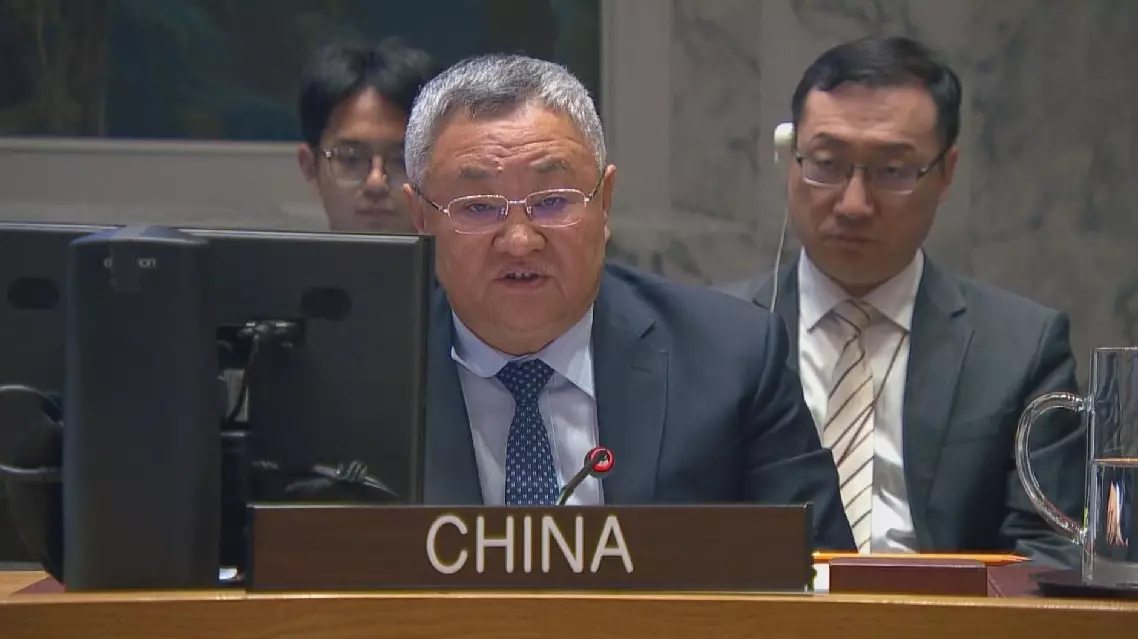
Chinese envoy calls for all necessary actions to achieve ceasefire in Gaza
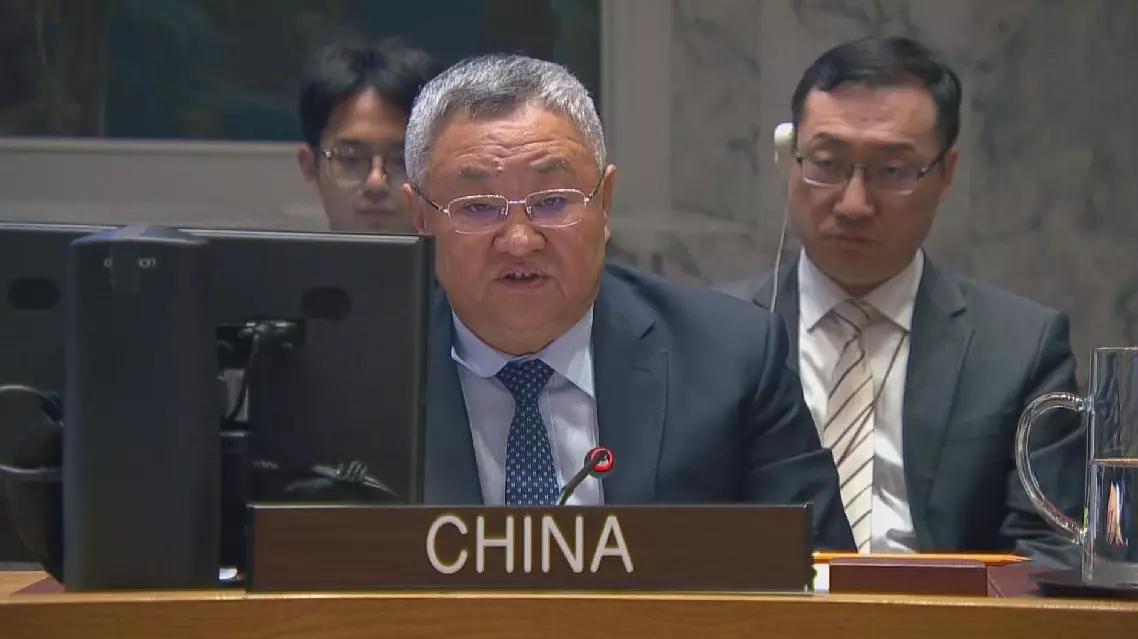
Chinese envoy calls for all necessary actions to achieve ceasefire in Gaza


